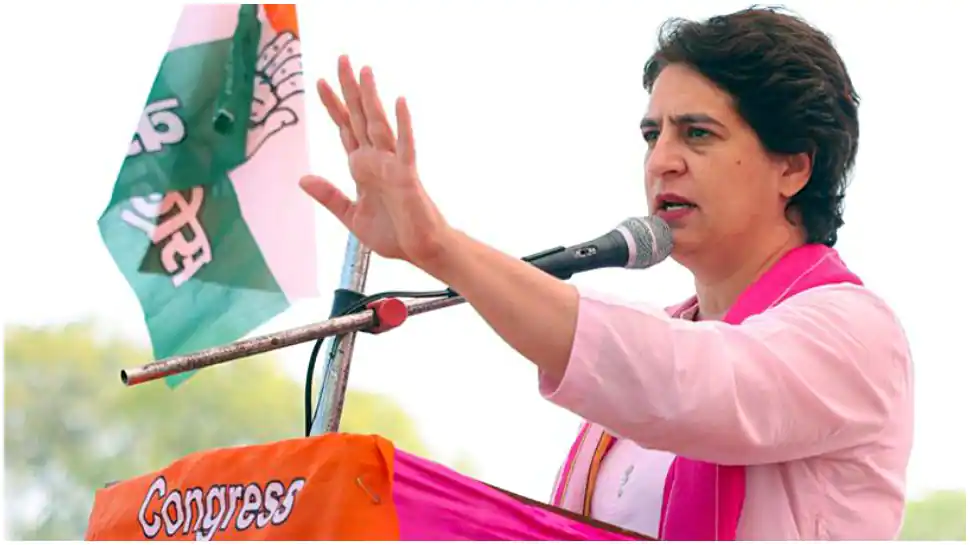Through this initiative, the block has implemented a scientific garbage disposal system to ensure safe sanitation and solid and liquid waste management for rural areas.
By Bibhudatta Sahu
Jajpur in Odisha has become one of the few districts to launch battery-operated vehicles for door-to-door solid waste collection in rural areas. In addition to ensuring garbage collection based on a door-to-door model similar to cities, the initiative will promote women empowerment. The Women Self Help Groups (WSHGs) will run these battery-operated vehicles.Through this initiative, the block has implemented a scientific garbage disposal system to ensure safe sanitation and solid and liquid waste management for rural areas.
On this occasion, Sri Sourav Chakrabarty, BDO Jajpur, stated, “Jajpur is poised to be a fertile ground for innovations directed at solid and liquid waste management and plastic waste recycling and reuse strategies for a robust circular economy. This partnership is the latest in a string of strategic alliances with UN agencies to bring the best development practices to Jajpur.We have recently formalized an agreement with UN-Habitat to develop a data-driven and evidence-based, green, low-carbon urban infrastructure in the district.”
He further added, “we are happy to join hands with UNICEF and UNDP towards our vision to develop the Jajpur block as India’s first block to achieve 100 % door to door collection. The systematic approach adopted for the project will ensure better social security measures, address job creation and impact livelihoods by engaging with the informal sector.The block is also gearing towards being a plastic-free district soon.”
The Atha Group supports the project under its CSR initiative. The project’s technical partner includes UNICEF, AIIMS Bhubaneswar, and UNDP. Together, these organizations created a sustainable community-led approach for solid and liquid waste management, integrated plastic waste management, and efficient recycling in the district.
Within its life span of 4 years, the project will promote a sustainable circular economy paradigm in the district. The UNDPwill provide technical support to Jajpur District Administration to build crucial forward linkages in the recycling strategy and bring inclusive growth to all stakeholders in the waste management ecosystem,monitored by a Project Steering Committee.The program’s objective is to facilitate a decentralized approach of operation at the block-GP-Village level through an alignment with ULBs to promote and strengthen local entrepreneurs (recyclers) to encourage waste recycling and develop markets for recycled materials demonstrating a circular economy.
The UNDP will also provide administrative and technical support in establishing the system thinking approach for waste management in urban and rural areas to ensure inclusive growth for waste pickers in the MRF by linking them to social project schemes. Similarly, it will create awareness on sustainable practices for plastic waste management among citizens and other significant stakeholders through IEC activities, including monitoring & evaluating waste collection and disposal.Transforming the behavioral norms of rural populations is a particularly challenging task, and it will only work if rural communities change from within.
The project will help the Jajpur district make significant advances towards achieving the Sustainable Development Goals and bring globally acclaimed rural Solid and liquid waste management development models to the district while adding to its citizens’ prosperity and quality of life.The district administration have begun the journey of a thousand miles toward improving sanitation coverage in Odisha and India. However, a lot will depend on the extent to which this initiative finds echo among people, and whether and how the district administration pitches in to sensitize and support the fight.
In case of rural sanitation, after overcoming the initial challenge of increasing the coverage area and ensuring the long-term functional status of the physical infrastructure, the real task will be to ensure behavioural change. The involvement of private companies through CSR initiatives, and international organisations like UNICEF and UNDP will prove significant in supporting the efforts of district administration. To ensure long-term transformation, both communities and the government need to share the responsibility of upkeep.
The other half of the challenge is uprooting deep-seated beliefs and taboos in the minds of rural populations. To make this initiative successful, it is imperative to plan long-term campaigns to spread awareness, create regionally contextualized innovations, focus-group discussions, and women’s empowerment. At the same time, it is crucial for the authorities to make rural sanitation governance more transparent by strengthening bonds between villagers and sanitation departments, and by increasing participatory involvement of communities in the mainframe of planning and operation.
(The author is an independent researcher graduated from TISS, Mumbai with over 8+ years of working experience in the Government and Public Sector. Views expressed are personal and do not reflect the official position or policy of Financial Express Online. Reproducing this content without permission is prohibited.)
![]() Financial Express is now on Telegram. Click here to join our channel and stay updated with the latest Biz news and updates.
Financial Express is now on Telegram. Click here to join our channel and stay updated with the latest Biz news and updates.















